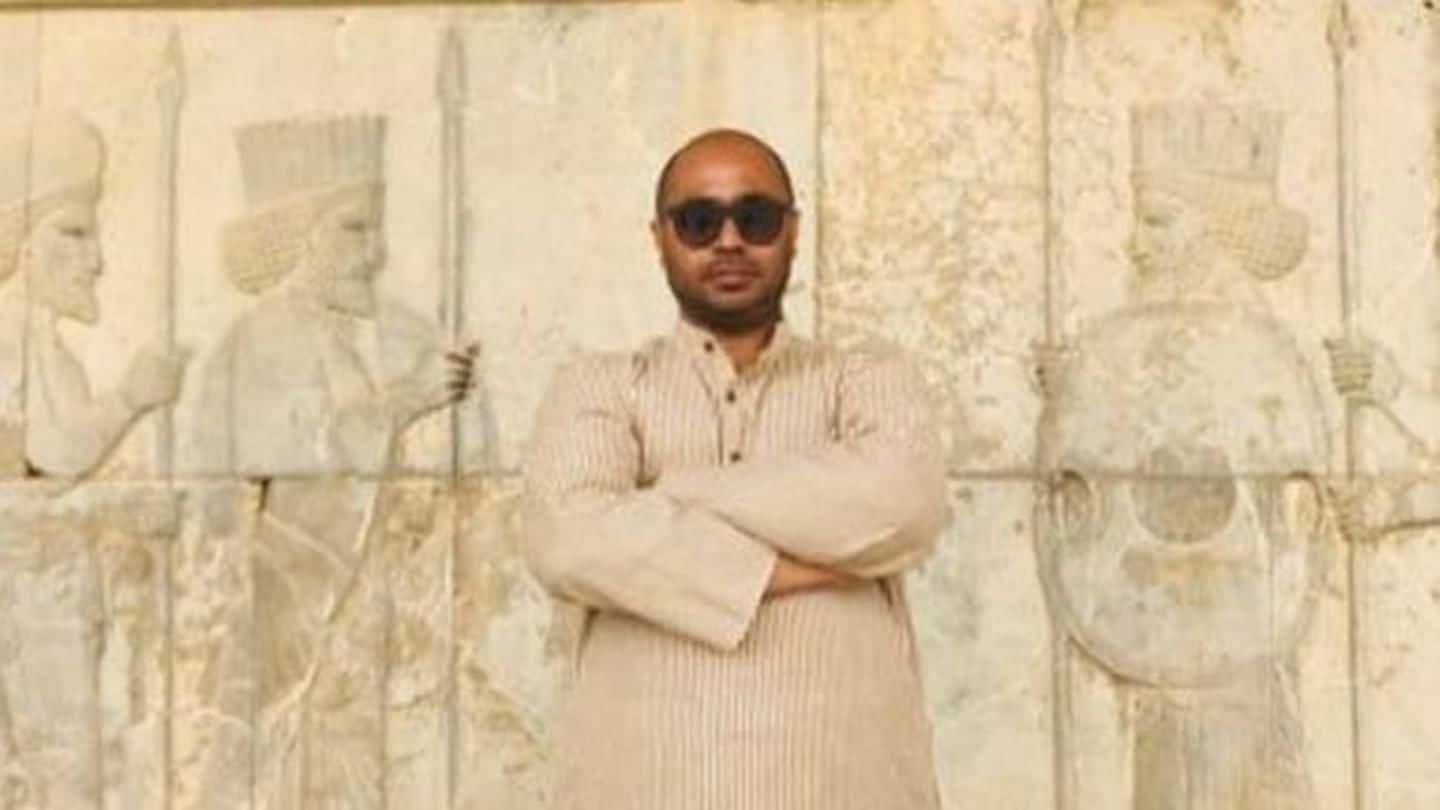
Supreme Court's comments in Abhijit Iyer-Mitra case don't bode well
What's the story
On Thursday, the Supreme Court denied bail to defense analyst Abhijit Iyer-Mitra, who was arrested last month over comments about Odisha's Konark temple that were allegedly derogatory. Saying that jail was the most secure for Iyer-Mitra, who had approached the SC for protection citing threats to his life, the SC dismissed Iyer-Mitra's bail appeal. If anything, the SC's comments don't augur well. Here's more.
Quote
The exact words of CJI Rangan Gogoi
"If your life is in danger, then what better place to stay than jail? Your life will be secure [in jail]," newly-appointed Chief Justice of India, Rangan Gogoi, told Iyer-Mitra while dismissing his plea seeking protection from arrest.
Case
Backstory: What went down in the Iyer-Mitra case so far
On September 20, Iyer-Mitra was arrested for making allegedly derogatory comments about the Konark temple and Hindu culture in a satirical video. Subsequently, Iyer-Mitra was granted bail by a lower court on the condition that he report for police investigation on September 28. However, Iyer-Mitra skipped the appointment, alleging threats to his life, thereby giving Odisha police new grounds to arrest him on.
SC
Why Iyer-Mitra bypassed the Odisha High Court and approached SC
With the Odisha Police having new grounds to arrest him, and with lawyers of the Odisha High Court on strike, Iyer-Mitra directly approached the Supreme Court seeking bail and protection from arrest. Yet, CJI Rangan Gogoi told Iyer-Mitra, "You are inciting religious faith of the country. It isn't a case for bail." Iyer-Mitra has been booked under Sections 153A and 295A of the IPC.
Information
A brief introduction to Sections 153A and 295A
Section 153A governs offences related to "Promoting enmity between different groups on grounds of religion, race, place of birth, residence, language, etc., and doing acts prejudicial to maintenance of harmony." Meanwhile, Section 295A deals with "Deliberate and malicious acts, intended to outrage religious feelings..."
Comments
The Supreme Court was clumsy in its remarks about Iyer-Mitra
It's worth noting that the right to bail isn't a fundamental right, and the Supreme Court is well within its powers to deny bail without examining evidence. However, its comments about Iyer-Mitra's life being "secure" in jail not only sheds a false light on India's prisons where murder and rape is rampant, but might also deter future petitioners from approaching it for safeguarding liberty.
Intention?
Were Iyer-Mitra's comments meant to outrage religious sentiments?
Yet, that's not all. Iyer-Mitra being booked under IPC Sections 153A and 295A itself is problematic. Earlier rulings by the Supreme Court, which are binding on lower courts, hold that "mens rea" or the "intention or knowledge of wrongdoing that constitutes part of a crime" is a fundamental rule for invoking Sections 153A and 295A. Were Iyer-Mitra's comments intentionally harmfully provocative? We don't know.
Other caveats
Other caveats pertaining to Sections 153A and 295A
Another condition for booking someone under Section 153A is that evidence must show that his/her comments disturbed public peace. Has Iyer-Mitra's comments disturbed public order in any significant way yet? No. Further, in 2017, the SC ruled that only acts/comments made with the "deliberate and malicious intention of outraging...religious feelings" would be incriminating - not every insult to religion would attract Section 295A.
To conclude
In the absence of evidence, Iyer-Mitra should have gotten bail
Given this earlier set of rulings, the link between some comments and the disruption of public peace is essential in determining whether someone can be held guilty of intentionally trying to stir up religious or caste-based hatred. In Iyer-Mitra's case, there's no such link yet, and a case merely alleging an attack on religious sentiments shouldn't be the basis for the denial of bail.